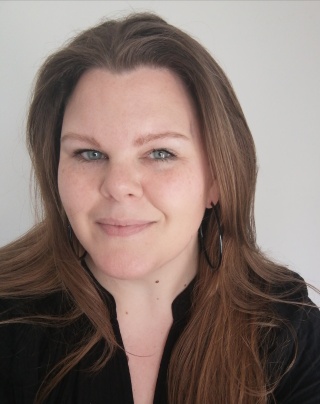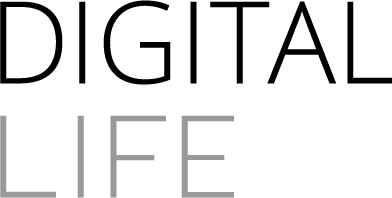Digital innovations for gifted children
31-03-2025

Stephanie Kramer, lecturer-researcher at Digital Life, will participate in the pre-PhD track of the Faculty DMCI, AUAS, next semester (September 2025 to January 2026). She will then work two days a week on a research proposal for the NWO Teacher Grant on digital innovations for gifted children.
Why this issue?
In the Netherlands, it is estimated that at least 70,000 children are sitting at home without appropriate education. What many people do not know: a strikingly large proportion of these home-schoolers - between 25% and 40% - are highly gifted. And that while only 2.5% of all children fall into that category. How is that possible?
Highly gifted children often do not make it in mainstream education. Not because they are not smart enough, but precisely because their learning needs are so different. They get bored, unchallenged, and therefore demotivated. Their brains work differently. That leads to underachievement, social problems, and eventually sometimes even school dropout. A shame - not only for the child himself, but also for society, because these children have a lot of potential inside.
The problem in the classroom
Teachers also see this problem. They do want to differentiate for gifted students, but run into limits. Classes are too big, the teacher shortage weighs heavily on schools, and attention often by necessity goes to children who are behind. Gifted children are then ‘forgotten’.
In addition, sufficient knowledge about giftedness is sometimes lacking, simply because it is hardly addressed in paediatric education. Strategies such as acceleration and enrichment help, but do not always (completely) solve the problem. Regular material does not match the way of thinking and learning these children need - hardly stimulating their ‘higher order’ thinking skills.
An opportunity: AI as extra support
Stephanie will explore how artificial intelligence (AI) can help address this challenge. Not a robot that replaces the teacher, but smart technology that helps to better match assignments and guidance to the educational needs of gifted children.

